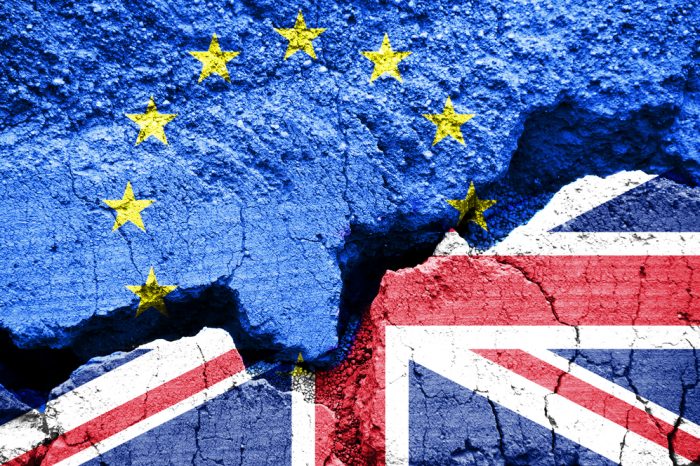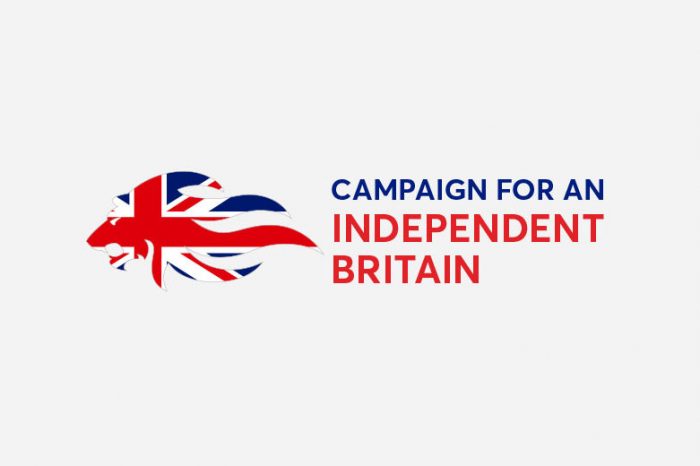Profiling and targeting the undecided voter
The Easter holiday has provided many of us a chance to have a brief break, but it will be one of the last such opportunities as the referendum draws ever closer.
There is still everything to play for. Many voters are still undecided and anecdotal evidence suggests that they genuinely recognise their lack of knowledge about the EU and what the main issues are.
This generalisation, of course, covers a multitute of different individuals with all manner of different concerns, but they do share a couple of common features. Firstly, they are not enthusiasts for the European project or they would be firmly on the “remain” side. Secondly, they do not feel passionately about the immigration or sovereignty issues or else they would be equally firmly on the “leave” side.
For some, a simple leaflet may be enough to answer their questions. Our 5 Mistaken assumptions leaflet has been in great demand with campaigners. Whether it’s because it appeals to those who have been given copies of the leaflet or whether it’s the campaigners who like it, we can’t be sure at this stage, but hopefully the former!
We also plan to offer a flier nearer the referendum date which is even simpler, encouraging voters merely to trust their instincts. Again, this is all some people will require.
For others, the issue could be summed up as a combination of a gut feeling that the EU isn’t a particularly good idea and a desire for reassurance that we can leave the EU smoothly without disruption to the economy. For such people, the EFTA alternative does seem to be very appealing. According to a recent article in the Daily Express, a poll conducted by Hugo van Randwyck for the Bruges Group revealed that 58% of those contacted said that they preferred a free trade arrangement to EU membership. As Robert Oulds, the Bruges Group’s Director, pointed out in the Article, re-joining EFTA means the UK would keep full access to the EU single market while being allowed to pursue its own worldwide trade deals.
Perhaps on the campaign trail, we could emphasise how withdrawal will enable us to re-join an organisation we should never have left. Robert argued strongly in our annual rally last year that withdrawal must be shown as a positive development – joing something rather than leaving something – as the latter can so easily be twisted by our opponents as a “step into the unknown”.
With “remain” supporters asking us to define what “leave” looks like, we have the full-blown Flexcit as a comprehensive answer. Not everyone will want to read a 400-page document, but the Bruges Group polling suggests that once undecided voters are convinced there is a trade-only relationship on offer that is proven and tested, they are more likely to switch firmly to becoming “Leavers”. Their gut instinct that a trading relationship is all we need will have been vindicated and their concerns, will have been addressed.
Of course, this doesn’t mean we will have an easy ride, but the Bruges Group polling does offer us hope that with the right strategy, the outcome many of us have dreamed of for years may be within our grasp.






